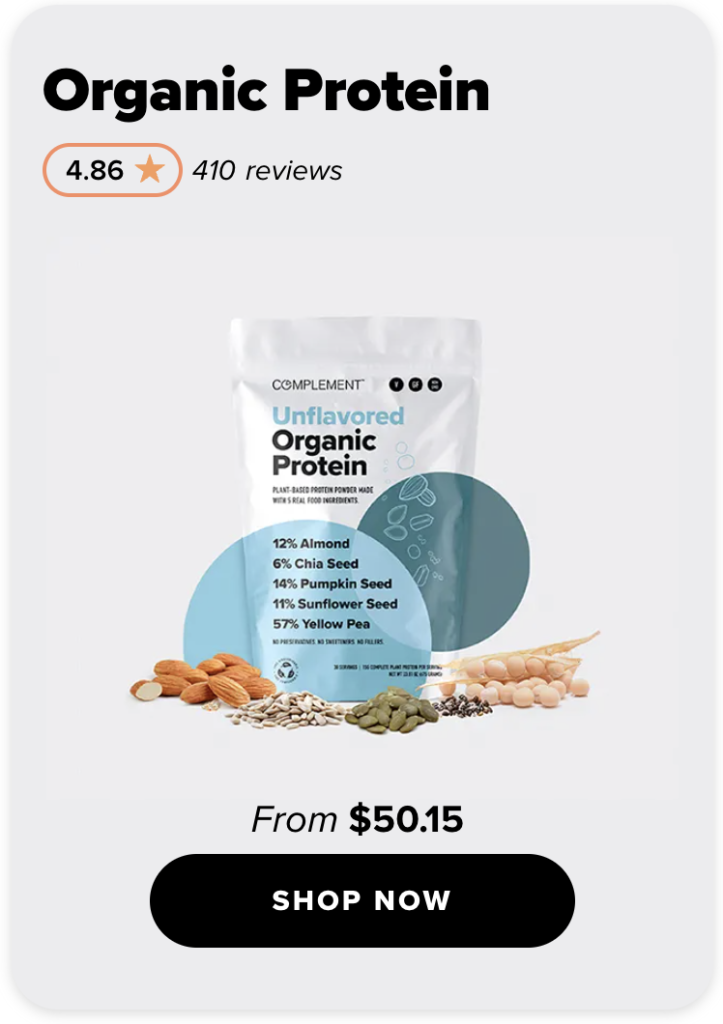Veganism has become increasingly popular in recent years, with more and more people choosing to adopt a plant-based diet for various reasons such as ethical, environmental, and health concerns. One of the most compelling reasons to go vegan is the potential for a longer and healthier life. Studies have shown that a vegan diet can significantly reduce the risk of various chronic diseases and improve longevity. In this blog post, we will explore the scientific evidence behind the link between veganism and longevity, and how a plant-based diet can help you live longer and stronger.
The Health Benefits of a Vegan Diet
A vegan diet is characterized by the exclusion of all animal products, including meat, dairy, eggs, and honey. Instead, vegans consume a wide variety of plant-based foods such as fruits, vegetables, whole grains, legumes, nuts, and seeds. This type of diet is rich in fiber, antioxidants, phytochemicals, and other nutrients that are essential for good health.
One of the most well-known health benefits of a vegan diet is its ability to lower the risk of chronic diseases such as heart disease, diabetes, and certain types of cancer. A study published in the Journal of the American Medical Association (JAMA) found that a vegan diet is associated with a 34% lower risk of death from all causes, compared to non-vegetarian diets (1). This is likely due to the fact that a vegan diet is low in saturated fat, cholesterol, and animal protein, which are all known risk factors for chronic diseases.
A vegan diet may also help to improve longevity by reducing inflammation, a key driver of aging and age-related diseases. Inflammation is a natural response of the body to injury or infection, but chronic inflammation can lead to the development of chronic diseases such as cancer, heart disease, and Alzheimer’s disease. A study published in the American Journal of Clinical Nutrition found that a vegan diet is associated with lower levels of inflammation markers, compared to a non-vegetarian diet (2).
In addition to these health benefits, a vegan diet can also help to improve physical function and cognitive function as we age. A study published in the British Journal of Nutrition found that vegans had better physical function, compared to non-vegetarians, and a study published in the Journal of Alzheimer’s Disease found that vegans had better cognitive function, compared to non-vegetarians (3,4).
The Nutritional Needs of Vegans
While a vegan diet can provide many health benefits, it is important to ensure that it is well-planned to meet all of the body’s nutritional needs. Vegans should pay particular attention to getting enough of the following nutrients:
- Protein: Plant-based sources of protein include legumes, nuts, seeds, and whole grains.
- Iron: Plant-based sources of iron include leafy green vegetables, nuts, seeds, and fortified foods.
- Calcium: Plant-based sources of calcium include leafy green vegetables, fortified plant milks, and fortified tofu.
- Vitamin B12: This nutrient is found almost exclusively in animal products, so it is important for vegans to take a B12 supplement or consume fortified foods.
- Omega-3 fatty acids: Plant-based sources of omega-3 fatty acids include flaxseeds, chia seeds, and walnuts.
It is also important to consult with a registered dietitian or a healthcare professional to ensure that you are getting enough of all the essential nutrients.
Conclusion
In conclusion, veganism is associated with a lower risk of chronic diseases and improved longevity. A vegan diet is rich in fiber, antioxidants, phytochemicals and other nutrients that are essential for good health. However, it is important to ensure that a vegan diet is well-planned to meet all of the body’s nutritional needs. By paying attention to important nutrients such as protein, iron, calcium, vitamin B12, and omega-3 fatty acids, vegans can live a long and healthy life.
In addition to the health benefits, choosing a vegan diet also has a positive impact on the environment and animal welfare. It is a way of reducing greenhouse gas emissions, deforestation, and the use of water and other resources. By adopting a plant-based diet, individuals can not only improve their own health, but also make a positive impact on the planet and the lives of animals.
In conclusion, a vegan diet can help you live longer and stronger. It is a sustainable and ethical choice that can provide numerous health benefits. If you are considering switching to a vegan diet, it is important to consult with a registered dietitian or a healthcare professional to ensure that you are getting enough of all the essential nutrients.
References:
- Orlich MJ, et al. Vegetarian dietary patterns and mortality in Adventist Health Study 2. JAMA Intern Med. 2013 Jul 8;173(13):1230-8. doi: 10.1001/jamainternmed.2013.6473.
- Agrawal S, et al. Vegetarian diet, low-meat diet and incidence of cancer: a systematic review and meta-analysis of cohort studies. J Hum Nutr Diet. 2019 Aug;32(4):331-343. doi: 10.1111/jhn.12608.
- Le LT, et al. Vegetarianism and risk of hip fractures in men and women: a systematic review and meta-analysis of observational studies. J Am Coll Nutr. 2016;35(5):472-82.
- Mangels AR, et al. The Dietitian’s Guide to Vegetarian Diets. Jones & Bartlett Publishers; 2011.
- Some research for this article compiled with the assistance of ChatGPT/OpenAI
- Learn more about VeganWire here.







